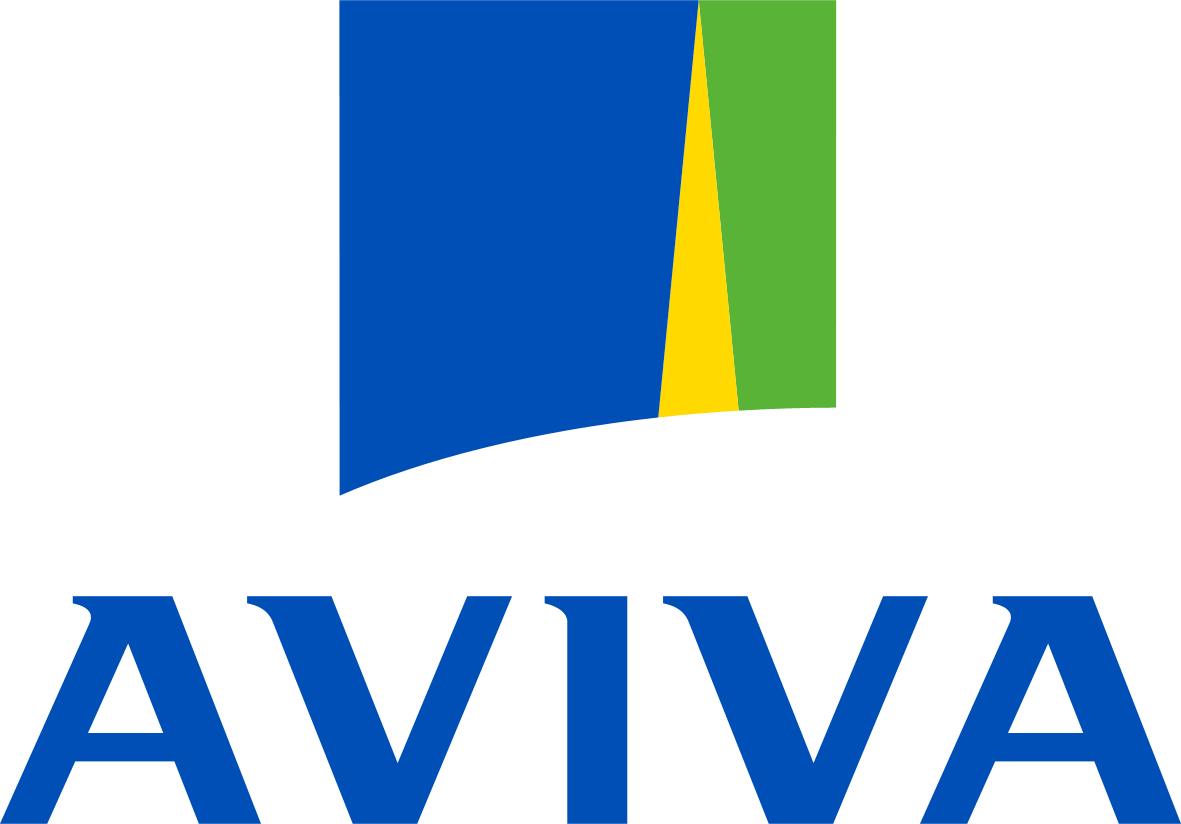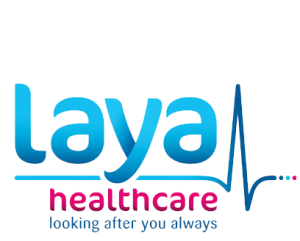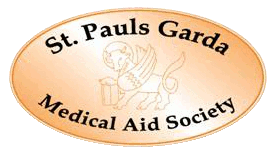 Download this information as a PDF
Download this information as a PDF
You or your child has been diagnosed with a “cold “ . The typical symptoms are a runny nose and a dry cough .In the majority of people it is an uncomfortable but harmless condition that will settle within 5 to 7 days
Antibiotics will not help a “cold” and can sometimes make things worse by causing stomach upset , diarrhoea or trush . Occasionally a person might develop a complication of a “cold” such as an ear infection, tonsillitis or bronchitis that might require an antibiotic but these complications usually only begin five to seven days after the “cold “ symptoms beginning .
The best treatment for a “cold “ is to control the symptoms with paracetamol ( eg: “Calpol”) or “ Neurofen” (see below re dosing ) . It is important to keep the patient well hydrated by giving plenty of isotonic fluids as outlined below . Cough bottles usually do not work in small children but might help in children over the age of 6 year and adults . Simple over the counter cough bottles such as “Viscolex” or “Exputex” are ususlly sufficient . Saline nasal sprays or a nasal decongestant such as “Otravine” nasal spray or drops can help with s stuffed nose but these should only be used for a maximum of seven days. Antibiotics are not helpful in uncomplicated cases of the common “cold “ .
You can safely treat a “cold “ at home using the above measures. However you should make an appointment to see one of the Doctors in The Ashe Street Clinic if you or your child has one of the following problems :
* “Cold” symptoms lasting longer than 7 days.
* Persisting vomiting and not keeping down isotonic fluids.
* Rash especially if the patient also has a fever ( tempature) .
* Headache not responding to Calpol,Paracetamol or Neurofen.
* A one sided ear ache not responding to paracetamol .
* Sore throat with a fever and swollen glands in the neck
* Breathlessness , confusion or drowsiness.
Please remember to “Catch it , bin it and kill it “ when you cough or sneeze . Use a tissue or you hands to cover you mouth and nose when you cough or sneeze to prevent the flu bug from spreading to others .Then bin the tissue and wash you hands as soon as possible.
Temperature Control
If your child has a high temperature, you can treat it with paracetamol (Calpol, Panadol, Paralink) or ibuprofen (Nurofen, Brufen).
Paracetamol should be given at the maximum dose for the age or weight of the child as outlined on the bottle. Paracetamol can be given orally or by rectal suppositories if the child is vomiting (Paralink suppositories). Paracetamol can be given every four hours but a maximum of four doses only can be given in any one twenty-four hour period.
Ibuprofen (Nurofen, Brufen) can be given orally every six hours, up to a maximum of three doses in twenty-four hours. Ibuprofen should be avoided if the child has asthma, allergies or an upset stomach.
Paracetamol and ibuprofen can be alternated every four hours if necessary, i.e. give Paracetamol at 9am, Ibuprofen at 12midday, Paracetamol at 4pm etc.
If the child’s fever does not settle with Paracetamol or ibuprofen, or if your child has vomiting, a rash or is very lethargic with a fever, you should seek medical advice immediately.
ORAL REHYDRATION IN CHILDREN
If your child has an upset stomach, vomiting or diarrhoea it is best to give them small quantities of isotonic fluids regularly. The following are good options:
• “Dioralyte sachets” (natural, citrus or blackcurrant flavour). The powder is mixed with 200ml (7 fluid ozs) of boiled cooled water.
• Isotonic sports drinks such as “Lucozade sport”.
Do not give water, milk or 7Up to children with upset stomachs.
If the child shows signs of dehydration such as dry mouth, dry nappies or very lethargic you should seek medical advice.
With oral rehydration, you should attempt to give one to one and a half times the usual feed volume for children up to two years of age.
For children two years to twelve years of age, give 200mls (7fluid ozs) after each loose bowel motion or after vomiting. The rehydration fluid should be given slowly by sips over two to four hours.
Copyright © Dr. David Buckley






